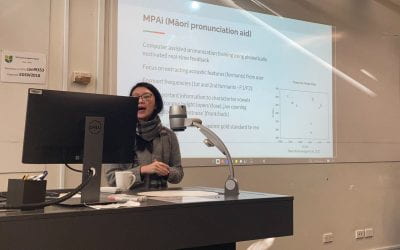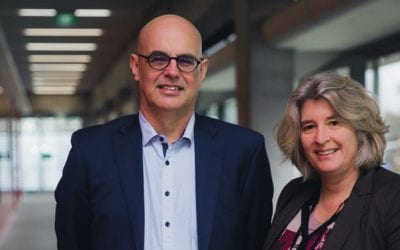
MPAi - The Māori Pronunciation Aid
Powered by MAONZEUnlocking Curious Minds contestable fund
The team has be awarded with an Unlocking Curious Minds contestable fund to develop an interactive book to teach speech sciences through te reo Māori vowels and MPAi. You can find the interactive book below and current iteraction of MPAi here. Learning the science of...
MPAi presented at Māori speech technology hui
Previous work on MPAi was successfully showcased at the Māori speech technology hui. We are very inspired by all the talks and comments at the hui! Look out for this space for more MPAi development! (Picture courtesy of Prof. Jeanette King's twitter post)
MPAi featured in Newsroom
MPAi creators Dr Peter Keegan and Associate Professor Catherine Watson were featured in a newsroom article about their journey with MPAi. (Photo: Peter Gedye) Check it out here: Academics and elders merge skills for unique Māori language tool

The MAONZE project studies the change in the Māori language over time. Using data from 3 groups of both Males and Females. Historical speakers born in the 1880s, Present day Kaumātua, as well as present day younger speakers.
Māori communities were excited about how vowel production can be quantified via formats. This lead to the production of the Māori Pronunciation tool – MPAi. A tool to compare their own vowel productions against.

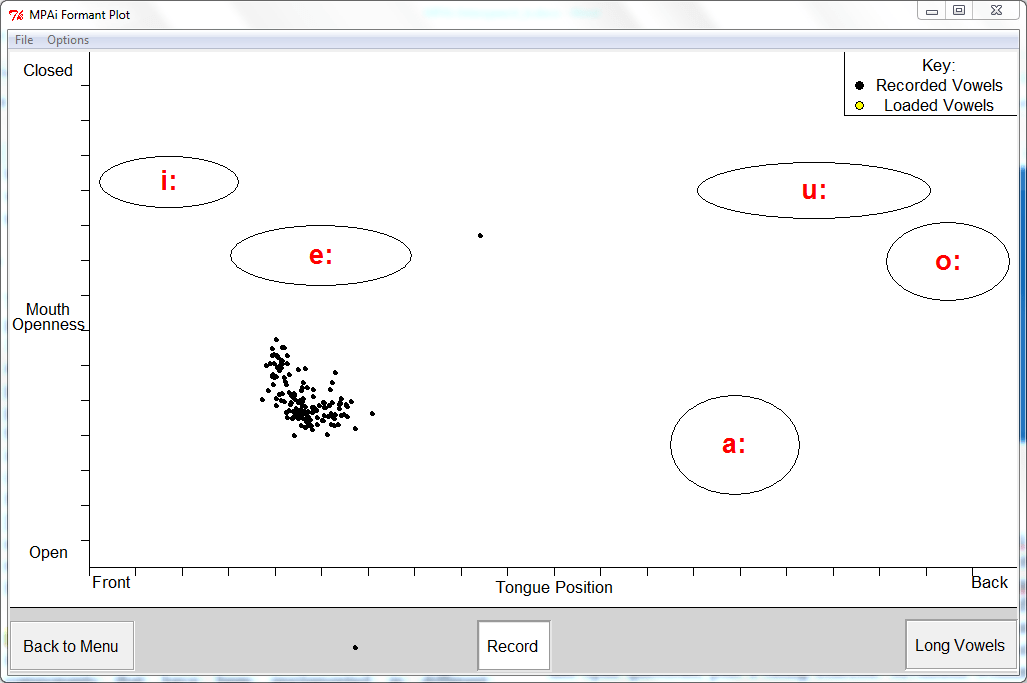
The focus of MPAi is to make use of phonetically motivated feedback to improve on te reo Māori vowel production. Previous studies have shown in particular that diphthongs (the vowels that have two sounds like “ai”, “ae”) are difficult for English speakers. As phoneticians, we also know that something called formant frequencies can be used to characterise how vowel sounds and that formants are highly related to movement of the mouth (where our tongues are, whether our lips are rounded etc).
Try it out for yourself! Say “eeee” as in fleece, take note of where your tongue is. And now, try to say “ahhhh” as in hard. Notice your tongue dropping and your mouth opening when you are saying “ahhh” compared to “eeee”. Using a similar idea, we want our users to be aware of how the shape of their mouth can affect how their vowel sounds and in doing so, improve how we pronounce te reo Māori sounds.
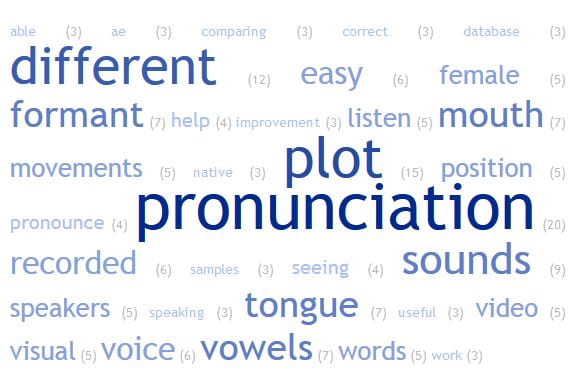
MPAi has been under development for over 10 years with multiple research trials carried out. We have been fortunate enough to be given valuable feedback from te reo Māori medium teachers. One particularly sobering but crucial feedback was given to us: “A lot of trust will be given to the application, so it needs to work well before [it’s] released.” We have kept this quote close to heart.
Due to the potential impact our application can have on te reo Māori revitalization, we want to get our application right the first time. Our ultimate aim is to produce a fun, yet scientifically accurate and effective way of learning te reo Māori.

One major aspect of the MPAi project is the amount of student involvement in the development of the different version and iteractions of the application. We have had a great number of undergraduate students, both for their Honours project as well as summer research scholarships, incorporating their own ideas and different backgrounds into the application.
MPAi Outputs
2019 Stoakes H.. Watson C., Keegan, P., Maclagan M., King, J. Harlow, R. “The Dynamics of Closing Diphthong Trajectories in Te Reo Māori” Proceedings of the 19th International Congress of Phonetic Sciences, Melbourne, Australia 2019 (pp. 989-993). Canberra, Australia: Australasian Speech Science and Technology Association Inc. ISBN 978-0-646-80069-1
2018 Stoakes H, Watson,C. and Keegan P. “Diphthong Mergers in Te Reo Māori” 17th International Australasian Conference on Speech Science and Technology, : Sydney, Australia Dec 5-7
2017 Watson C.I., Keegan P.J. Maclagan M.A., Harlow, R., and King J. “The motivation and development of MPAi, a Māori Pronunciation Aid”, Proceedings of the 18th Annual Conference of the International Speech Communication Association (Interspeech), Stockholm, August 20-24, 2017
2017 Keegan, P, Watson, C., King, J., Maclagan, M.2, & Harlow, R. “Developing a Māori language pronunciation tool based on user feedback” Puliima National Indigenous Language Technology Forum, Cairns 18-19th October. 2017.
2017 Keegan P.” Ko te Whakawhanaketanga o tētahi Pūmanawa Rorohiko Whakahua i te reo Māori” Te Puna o Te Ki, Dec 7-8 2017.
2016 Keegan. P.J., Watson, C.I., King, J. Maclagan M., Harlow, R. “MPai, a Māori language pronunciation tool for improving the pronunciation of Māori”. New Zealand Association for Research in Education Conference, Wellington, Nov 20th-23rd, 2016.
2016 Keegan. P, Watson, C.I., King, J. Maclagan M., Harlow, R “Trialing a Māori language pronunciation tool based on a Māori speaker database” Association for Language Testing and Assessment of Australia and New Zealand, Auckland, November 17th-19th, 2016.
2016 Keegan P, Watson C, Hoda R, King J, Maclagan M, Harlow R, “Developing a Maori Language Pronunciation Tool Based on a Maori Speaker Database”. The Asia Conference on Language Learning 2016, Kobe, Japan, 29 Apr 2016 – 01 May 2016. 29 Apr 2016.
2016 Keegan P, Watson C, Hoda R, King J, Maclagan M, Harlow R, “Building a Māori Language Pronunciation Tool Based on a Māori Speaker Database” New Ways of Analyzing Variation Asia-Pacific 4, Chiayi, Taiwan, 22 Apr 2016 – 24 Apr 2016.
2015 Keegan P, Watson, C.I., Hoda, R, King, J, Maclagan, M, Harlow, R “The development of a Māori language pronunciation tool for Māori language learners.” The 4th International Conference on Language, Education and Diversity. Auckland, New Zealand: The University of Auckland University.
2012 Keegan, P. J., Watson, C. I., King, J., Maclagan, M., Harlow, R. “The Role of Technology in Measuring Changes in the Pronunciation of Māori over Generations.” in T. Ka’ai, M. O Laoire, N. Ostler, R. Ka’ai-Mahuta, D. Mahuta & T. Smith (Eds.), Language Endangerment in the 21st Century: Globalisation, Technology and New Media, Proceedings of Conference FEL XVI (pp. 65-71). AUT University, Auckland, New Zealand: Te Ipukarea – The National Māori Language Institute, AUT University/Foundation for Endangered Languages.
2009 King, J.,Harlow, R., Watson, C., Keegan,P. Maclagan M. “Changing Pronunciation of the Maori Language: Implications for Revitalization” in Reyhner J, and Lockhead, L (Eds) Indigenous Language Revitalization Encouragement, Guidance & Lessons Learned Northern Arizona University, p 75-86
2009 Watson, C.I. Smith, J., King, J., Maclagan, M., Keegan, P. and Harlow, R. “Vowel mergers in Modern Maori and a speech aid designed to promote vowel distinction” The Australian Language and Speech Conference incorporating OzPhon 2009. Sydney, Dec 3rd-4th. HCSNet Summerfest’09 Conference Handbook p158, ISBN 978-1-74108-205-0.
Current team (2025)

Dr Catherine Watson
Professor
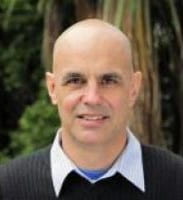
Dr Peter Keegan
Associate Professor
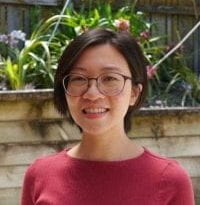
Dr Justine Hui
Senior Lecturer

Dr Brooke Ross
Research fellow

Miss Isabella Shields
Research fellow
Contact us if you are interested in hearing more:
Professor Catherine Watson: c.watson (at) auckland.ac.nz
Associate Professor Peter Keegan (Waikato-Maniapoto, Ngati Porou): p.keegan (at) auckland.ac.nz
